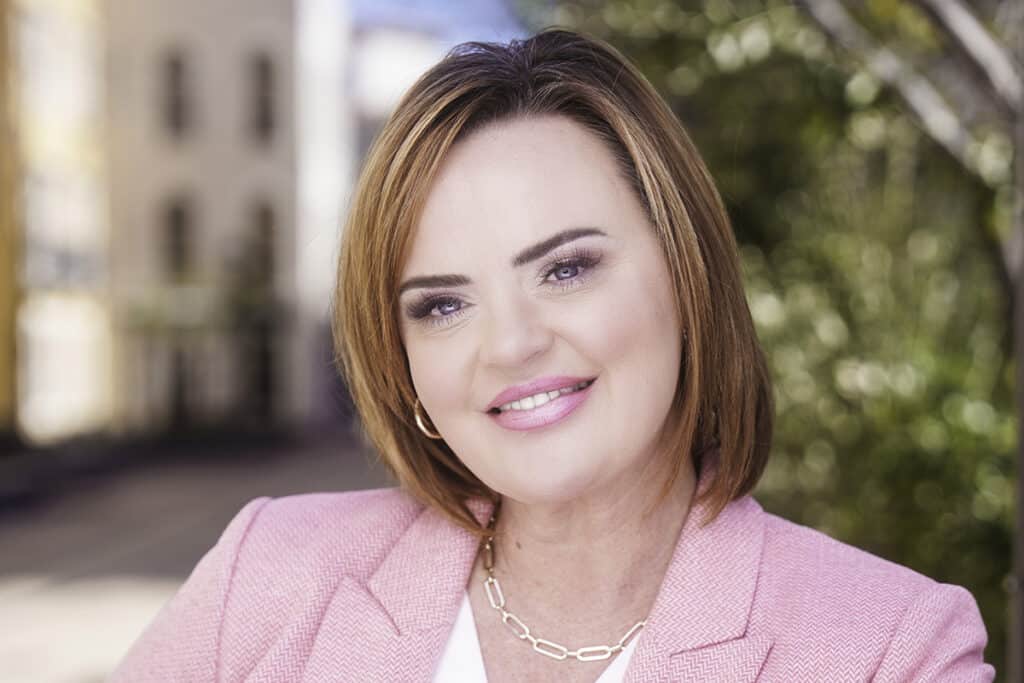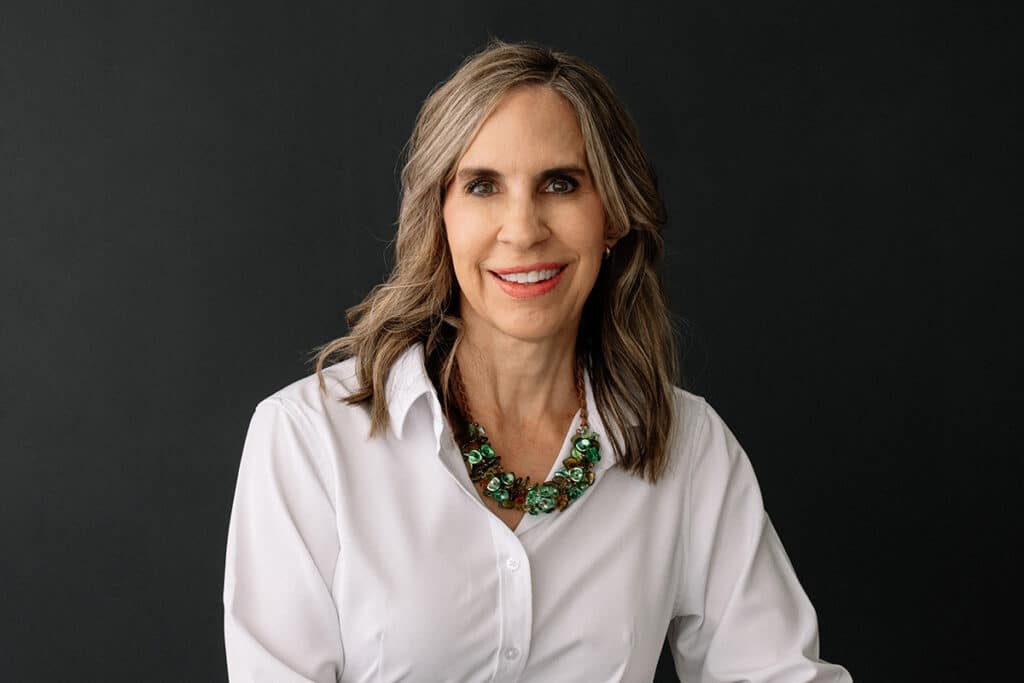
By: Emily Samson, registered dietician nutritionist with CHRISTUS Santa Rosa Hospital – Westover Hills
It is National Nutrition Month, which can mean many different things for people. Originally started about 50 years ago by the Academy of Nutrition and Dietetics, it is an opportunity for people to learn about nutrition and reflect on how it looks in their lives.
Nutrition plays a vital role in the various stages of life for women. Pregnancy, postpartum, and menopause bring different needs to your bodies. For example, folate is needed during pregnancy, while more calories are required postpartum while breastfeeding. In menopause, women need more calcium, as bones naturally lose it.
In addition, heart disease is the deadliest disease among women. Instead of reacting when you have it, now is the time to start caring for your body and heart. Nutrition is about understanding what you put into your body, how much you take in, and how it can affect you.
Often, women do not prioritize themselves, and their health is affected. We are the caretakers of our children and partners, but women typically choose what our families eat. So, this is a great place to start.
The simplest change to your diet is to ensure protein and vegetables are on your plate. Introducing yourself and your family to new vegetables and new cooking methods can make the meal more pleasurable.
Sit down with your family to eat as much as possible. We typically enjoy meals and eat until our bodies say we are full, which is when we take the time to slow down and digest our food.
Also, try writing your meals down. This will give you an overview of what you are putting into your body. This is also a great way to hold yourself accountable for your intake.
You might be surprised at how much coffee you drink daily or how your snacks stack up throughout the day. Do not be afraid to seek out a nutritionist for personalized advice. We will sit with you to assess your goals and current health and determine the best approach for you.
Some equate nutritionists with food police. That is not what we do or who we are. Our role is not to tell you what you can and cannot eat. It is to be realistic with you, help you with your food choices, and be your cheerleader along the way.
Altering your intake can be difficult, and your nutritionist is along for the ride to help you navigate your path.
You may only vibe with some nutritionists, so finding the right person for you is essential.
Lastly, my most important advice to women is to give yourself grace. You may not eat a perfectly balanced meal each time, but that is okay.
Our bodies break food into molecules, taking what they need and dealing with the excess. Our bodies work with us more than they work against us. So, if a meal is not balanced, work to improve the next one.
It’s that simple. You always have another opportunity to make better choices with your food.
To learn more about nutrition with CHRISTUS Santa Rosa Health System, visit our website, christushealth.org.




